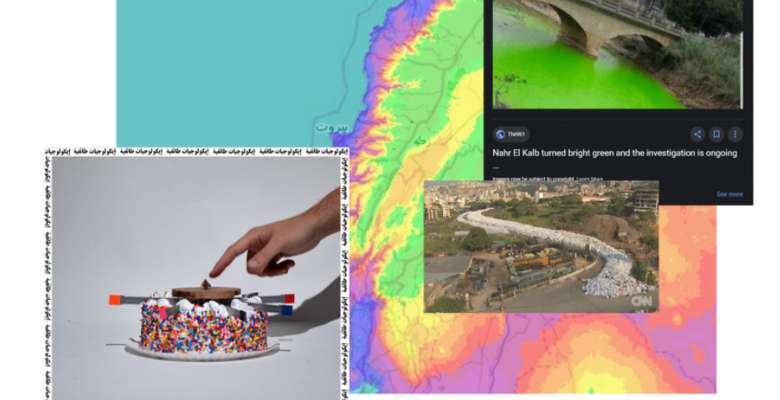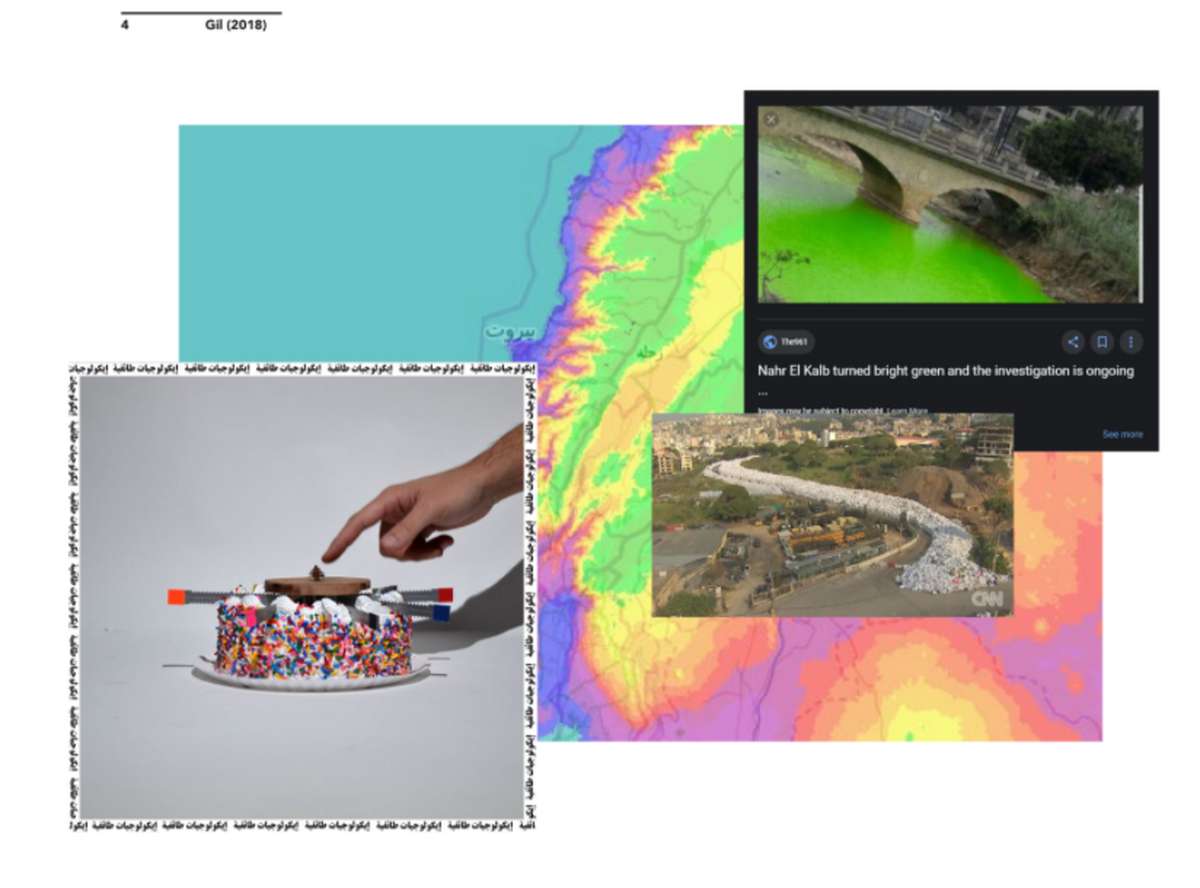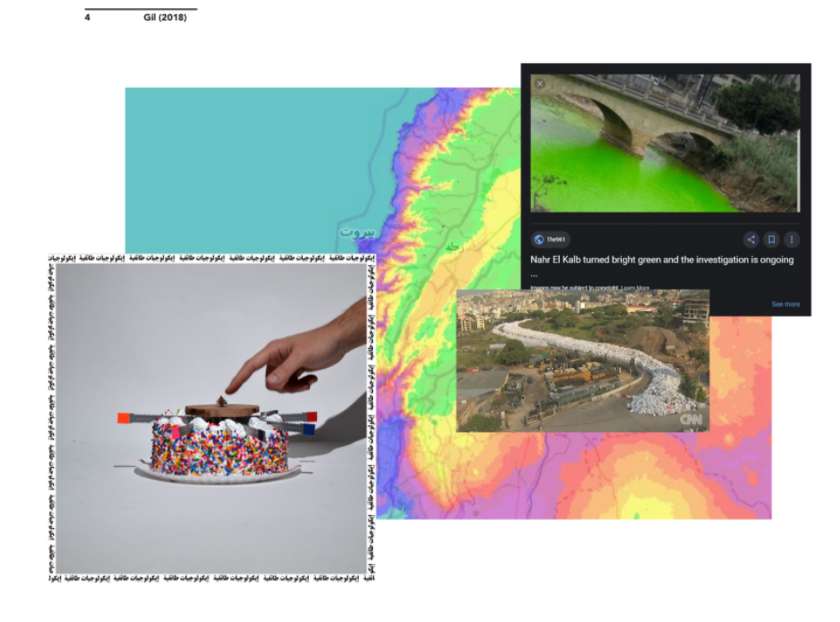Idea by
Ibrahim Kombarji
Call for ideas 2021
Sectarian Ecologies
Sectarian Ecologies

- New alliances
Imagine cutting a small cake into 18-slices. Lebanon is celebrated for being amongst the most religiously diverse countries in the world, recognizing 18 religious sects. Sectarian-political leaders still rule over local-territories. These men-leaders, zaims in Arabic are a form of modern feudality. Lebanon is reduced to a cake where zaims are fighting for the best slice. The zaim is ruling over all organisms that exist in his environment. The slicing process produces sectarian ecologies. This research attempts to render visible these disseminated environmental damages along sectarian lines. This investigation seeks inclusive citizen-led solutions. The project will inject small-scale-45m2 arenas into different sites. This new typology will include a botanical greenhouse, a gathering space for dialogue-performances and a shared vegetable-garden. These spaces will generate discussions for the future by placing sustainable growth at the center of citizen debates.

Sectarian Ecologies
Sectarian Ecologies

- New alliances
Imagine cutting a small cake into 18-slices. Lebanon is celebrated for being amongst the most religiously diverse countries in the world, recognizing 18 religious sects. Sectarian-political leaders still rule over local-territories. These men-leaders, zaims in Arabic are a form of modern feudality. Lebanon is reduced to a cake where zaims are fighting for the best slice. The zaim is ruling over all organisms that exist in his environment. The slicing process produces sectarian ecologies. This research attempts to render visible these disseminated environmental damages along sectarian lines. This investigation seeks inclusive citizen-led solutions. The project will inject small-scale-45m2 arenas into different sites. This new typology will include a botanical greenhouse, a gathering space for dialogue-performances and a shared vegetable-garden. These spaces will generate discussions for the future by placing sustainable growth at the center of citizen debates.
